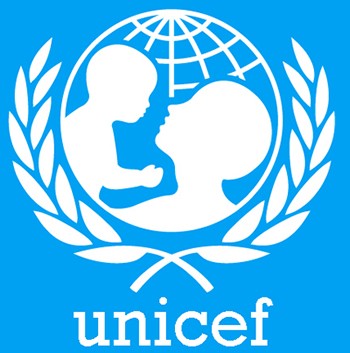Says 70% of schools without access to basic sanitation services
No fewer than 48 million people including 18 million children in Nigeria still practise open defecation, according to UNICEF.
According to UNICEF, 3.5 billion people all over the world are living without access to safe toilets.
UNICEF also said 95 million people in the country are without access to basic sanitation services.
UNICEF which addressed select Journalists from South East as part of activities marking this year’s World Toilet Day, also said 70% of schools in Nigeria representing about 91,000 schools are without access to basic sanitation services.
Dr Olusoji Akinleye, Health Specialist who represented the Chief of Field Office, UNICEF Enugu, said that the practice of open defecation “increases the risk of waterborne diseases through contamination of water sources.”
UNICEF also said 88% of health facilities in the country (about 27,600) are without access to basic sanitation, adding that
80% of markets and motor parks are also without access to basic sanitation.
READ ALSO: https://thereporterng.com/lafarge-moves-to-curb-mass-failure-in-mathematics-among-students-in-host-communities/
https://thereporterng.com/okpebholo-flags-off-first-flyover-in-edo-to-decongest-traffic/
https://thereporterng.com/quantity-surveyors-not-involved-in-n15tr-lagos-calabar-coastal-highway-project-president/
UNICEF called for increased awareness among the populace to embrace toilet for disposal of human waste, and to eradicate open defecation.
UNICEF identified insufficient high-level leadership, governance and accountability as limitations for open defecation free attainment in Nigeria.
According to UNICEF, “only 17% (134 out of 774) LGAs achieved ODF, with 98% of successes in UNICEF-supported states.”
It regretted that”federal commitment declined since 2023, resulting in stalled ODF initiatives.”
UNICEF WASH Specialist, Mrs Gabriel R. Bolatito, expressed concern over the reduction in allocation for WASH (Water Sanitation and Hygiene) budgets by many states in Nigeria.
She advised communities with challenge of water scarcity to embrace Sato pan toilet system that uses less water.
According to UNICEF, sanitation expenditure dropped to “just 4% of the total WASH budget compared to 31% for water (WASH Account 2018-2022).”
UNICEF, however, noted that between the same period, Jigawa State increased expenditure to 20% due to escalation period for state-wide ODF.
UNICEF which said, “annual funding needed for ODF is approximately ₦168.75 billion,” regretted that only ₦15 billion was invested from 2018 to 2022.
According to UNICEF, low involvement of traditional and religious leaders hampers community adoption of sanitation and hygiene practices.
UNICEF said, “more investment and better governance of sanitation are critical for a fairer, more peaceful world.”
Communication Officer, UNICEF Field Office Enugu, Dr Ijeoma Onuoha -Ogwe, gave the theme of this year’s event as:‘Toilets: A Place for Peace’ highlights how broken or inadequate sanitation systems affect people’s lives, and shows how sustainable sanitation is essential to a healthy and stable society.”
The event featured lectures from experts as well as interactive session with the participants.

